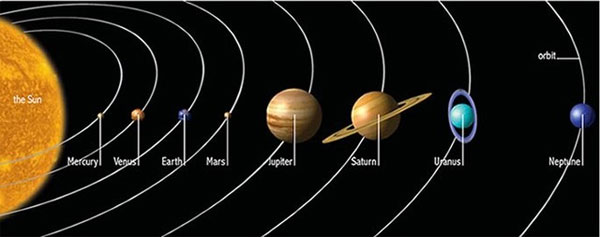On December 28, 1612, Galileo observed a new planet in our solar system using a telescope. It is the most distant planet in the solar system, Neptune.
Galileo Galilei was an Italian astronomer, physicist, mathematician and philosopher who played a key role in the scientific revolution. Galileo has been called “the father of modern astronomical observation”, “father of modern physics”, “father of science” and “father of modern science”. Stephen Hawking said: “Galileo is perhaps more than anyone else responsible for the birth of modern science.”
Galileo was the first astronomer to observe Neptune, but Galileo mistook Neptune for a fixed star when it appeared at a very close intersection with Jupiter in the sky. As a result, Galileo is not recognized as the discoverer of Neptune.
Astronomers Le Verrier and Adams are the researchers and discoverers of the orbit of the planet, then they are recognized as the discoverers of Neptune.

With just a telescope, Galileo was able to detect the most distant planet in the solar system in 1612.
Immediately after its discovery, Neptune was simply referred to as “planet outside Uranus” or “planet Le Verrier”. Galileo was the first to come up with a name, which he called the planet Janus. After being recognized as the discoverer of Neptune, Le Verrier immediately proposed the name of Neptune, and wrongly declared that the name was officially recognized by the agency of geography and astronomy “Bureau des Longitudes” of France.
Neptune is the eighth planet and the furthest from the Sun in the solar system. It is the fourth largest planet in diameter and the third largest in mass. Neptune has the highest density of all the gas planets in the solar system. Neptune is 17 times the mass of Earth.


